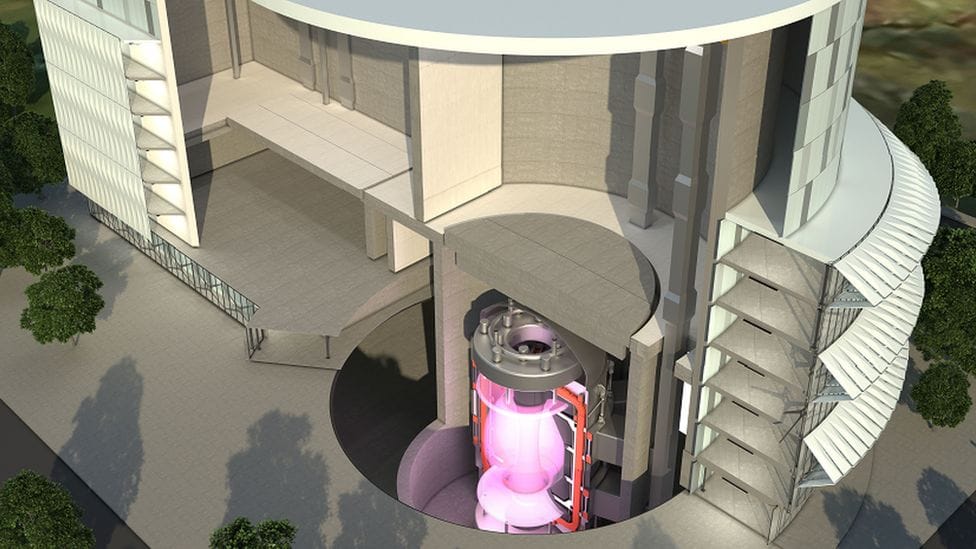UK Embarks on Pioneering Nuclear Fusion Journey with STEP Project
In a bold move towards sustainable energy, the UK has launched a groundbreaking project, dubbed the "UK's NASA moment," set to revolutionize the energy sector.
In an ambitious leap towards sustainable energy, the United Kingdom has embarked on a groundbreaking project that promises to revolutionize the energy sector. Dubbed as the "UK's Nasa moment," the Spherical Tokamak for Energy Production (STEP) project is set to establish the first operational nuclear fusion energy plant of its kind in the world. This pioneering effort is centered at the decommissioned West Burton A power station near Retford, Nottinghamshire.
A New Era in Energy Production
The STEP project was unveiled during a launch event in Gainsborough, Lincolnshire, on Tuesday. This initiative represents a significant milestone in the quest for clean, sustainable energy. The experimental plant aims to harness the power of nuclear fusion, a process that promises virtually limitless energy with minimal environmental impact.
The Science Behind STEP
Nuclear fusion, the same process that powers the sun, involves fusing atomic nuclei to release energy. Unlike nuclear fission, which splits atoms and produces long-lived radioactive waste, fusion generates energy by combining lighter atomic nuclei, resulting in a cleaner and safer energy source. The Spherical Tokamak design, an innovative approach within fusion technology, uses magnetic fields to confine plasma in a spherical shape, potentially enhancing the efficiency and stability of the fusion process.
Strategic Location and Goals
West Burton A power station, a former coal-fired plant, offers an ideal site for the STEP project. Its existing infrastructure, coupled with the availability of skilled workforce and supportive local community, positions it as a prime location for this cutting-edge research. The project's ultimate goal is to develop a commercially viable fusion power plant by the 2040s, providing a robust and sustainable energy solution for future generations.
National and Global Implications
The success of the STEP project could position the UK at the forefront of global energy innovation. It represents a significant investment in research and development, with the potential to transform the energy landscape both domestically and internationally. The UK government, along with various academic and industrial partners, is backing this initiative, underscoring its importance to national energy security and environmental sustainability.
The Road Ahead
While the challenges of nuclear fusion are substantial, the potential rewards are immense. The STEP project is a testament to the UK's commitment to scientific advancement and environmental stewardship. As the world grapples with the dual crises of climate change and energy scarcity, innovative solutions like nuclear fusion are essential for a sustainable future.
In the coming years, the STEP project will undergo rigorous testing and development phases. The journey towards operational fusion power will involve overcoming significant technical hurdles, including achieving the necessary temperatures and pressures for sustained fusion reactions and ensuring the structural integrity of the reactor.
The Spherical Tokamak for Energy Production (STEP) project is a bold and visionary endeavor that encapsulates the spirit of innovation and progress. As the UK steps into this new frontier of energy production, the world watches with anticipation. If successful, STEP will not only mark a historic achievement for the UK but also pave the way for a cleaner, more sustainable energy future for all.
The "UK's Nasa moment" is not just a national aspiration; it is a beacon of hope for global energy transformation.






